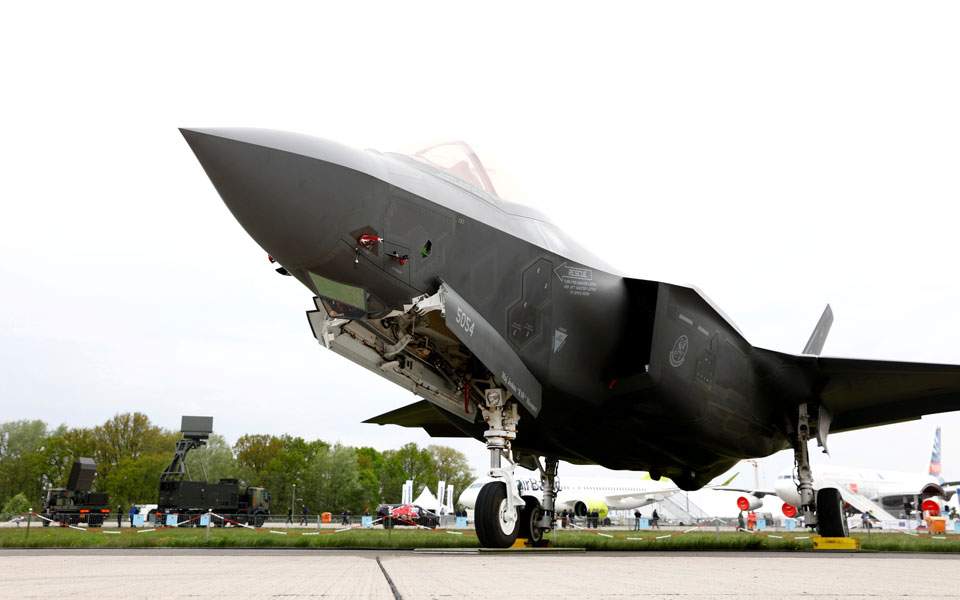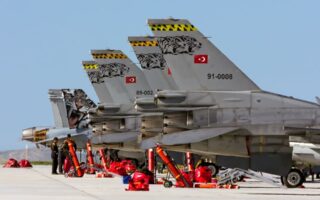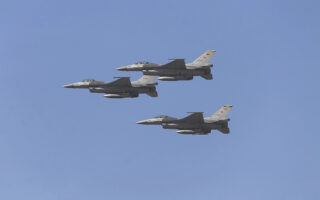The F-35s are meant for reliable allies

Geopolitics is not static. It includes variations in partnerships and alliances, as well as changes in countries’ orientations, often as a result of the perceptions of particular leaders, which eventually evolve into the long-term strategies of their countries.
An interesting case of an “evolution” of an ally is Turkey and the path it has followed in the last 20 years under President Recep Tayyip Erdogan. The neighboring country’s strongman deeply believes that Turkey is a power of global, not just regional, scope, and must develop into a – if not the – leading power of the Muslim world.
In this light, he feels that his country has been unfairly “restricted” to its current borders, which, of course, do not coincide with those of his heart. The invocation of the “Blue Homeland” doctrine is part of this context, as are periodic statements on the revision of the Treaty of Lausanne.
Based on these facts, the United States and Europe are called upon to choose the most appropriate way to deal with Turkey. One option is to satisfy as many aspects of its unpredictable behavior as they can in order for “the West not to lose Turkey” or for it not to become “another Pakistan,” as a top US diplomat once told this writer.
On the other hand it seems that it would be more efficient and realistic to recognize the change in Turkey’s attitudes and manage it accordingly. Actually, that was the approach followed by the former assistant secretary of state for European and Eurasian Affairs during the Trump administration, Wess Mitchell, who laid out a strategy based on reality rather than some idealized situation that may have once existed, but certainly no longer does. At the same time, he had the vision to promote the deepening of the US-Greece strategic relationship.
In the Biden administration, there are a number of familiar foreign policy officials from the past who are mistakenly trying to manage the Turkey of 2024 on the terms of the 1990s, when it was a Western-oriented Muslim country under the influence of the military establishment, which had close ties to NATO’s institutional framework.
The latest statements by Acting Deputy Secretary of State Victoria Nuland, about the prospect of Turkey re-entering the F-35 fighter jet production program, echoes this belief.
The reasonable goal of maintaining military ties with Turkey is served by the sale and upgrade of F-16s, without even touching the idea of co-production of the F-35s (as is for the EU the deepening of the Customs Union with Turkey and other measures, but not full membership).
Further strengthening today’s Turkey clouds the argument about reliable allies, while it is questionable whether it serves Washington’s long-term geopolitical interests. Is Turkey’s overall behavior similar to that of Britain, Israel, or even Greece?





